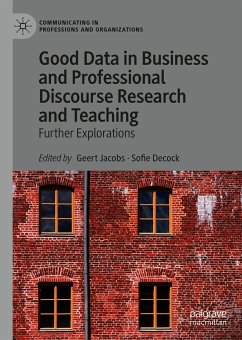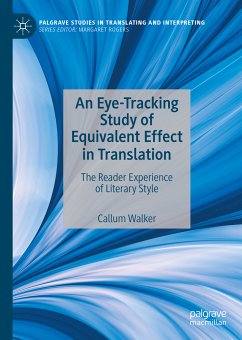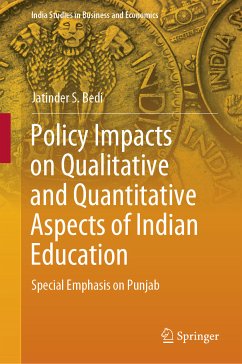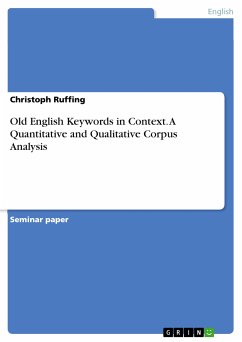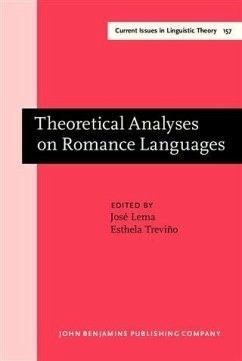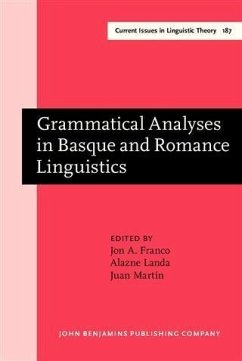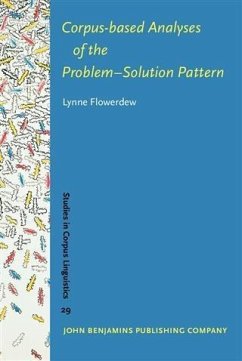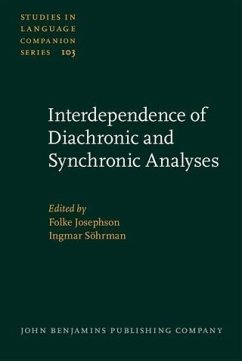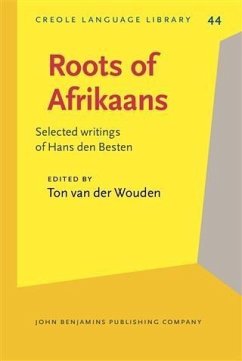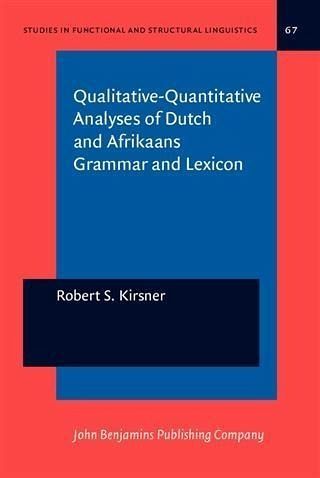
Qualitative-Quantitative Analyses of Dutch and Afrikaans Grammar and Lexicon (eBook, PDF)

PAYBACK Punkte
55 °P sammeln!
Sharing certain assumptions but differing in theory and practice, both Columbia School linguistics (CS) and Cognitive Grammar (CG) have increasingly supported their analyses with quantitative evidence. Citation of individual sentences, in isolation or in context, has been supplemented with counts of linguistic forms in texts, informant questionnaires, and perception tests. The present volume, continuing a dialogue between CS and CG, offers six such qualitative-quantitative studies, one on Afrikaans and five on Dutch. Topics include (a) demonstratives, (b) pragmatic particles and imperatives, (...
Sharing certain assumptions but differing in theory and practice, both Columbia School linguistics (CS) and Cognitive Grammar (CG) have increasingly supported their analyses with quantitative evidence. Citation of individual sentences, in isolation or in context, has been supplemented with counts of linguistic forms in texts, informant questionnaires, and perception tests. The present volume, continuing a dialogue between CS and CG, offers six such qualitative-quantitative studies, one on Afrikaans and five on Dutch. Topics include (a) demonstratives, (b) pragmatic particles and imperatives, (c) a puzzling "e;dismissive"e; idiom, (d) progressive aspect, and (e) indirect objects. While CS is better suited for analyzing relatively closed systems (e.g. tense, pronouns), CG provides more insight into the vagaries of the amorphous lexicon. The author also offers personal remarks on "e;linguistics as a path"e; and discusses how in one case a wrong prediction reflects his dual role as both linguist and student of Dutch as a foreign language.
Dieser Download kann aus rechtlichen Gründen nur mit Rechnungsadresse in A, B, BG, CY, CZ, D, DK, EW, E, FIN, F, GR, HR, H, IRL, I, LT, L, LR, M, NL, PL, P, R, S, SLO, SK ausgeliefert werden.




